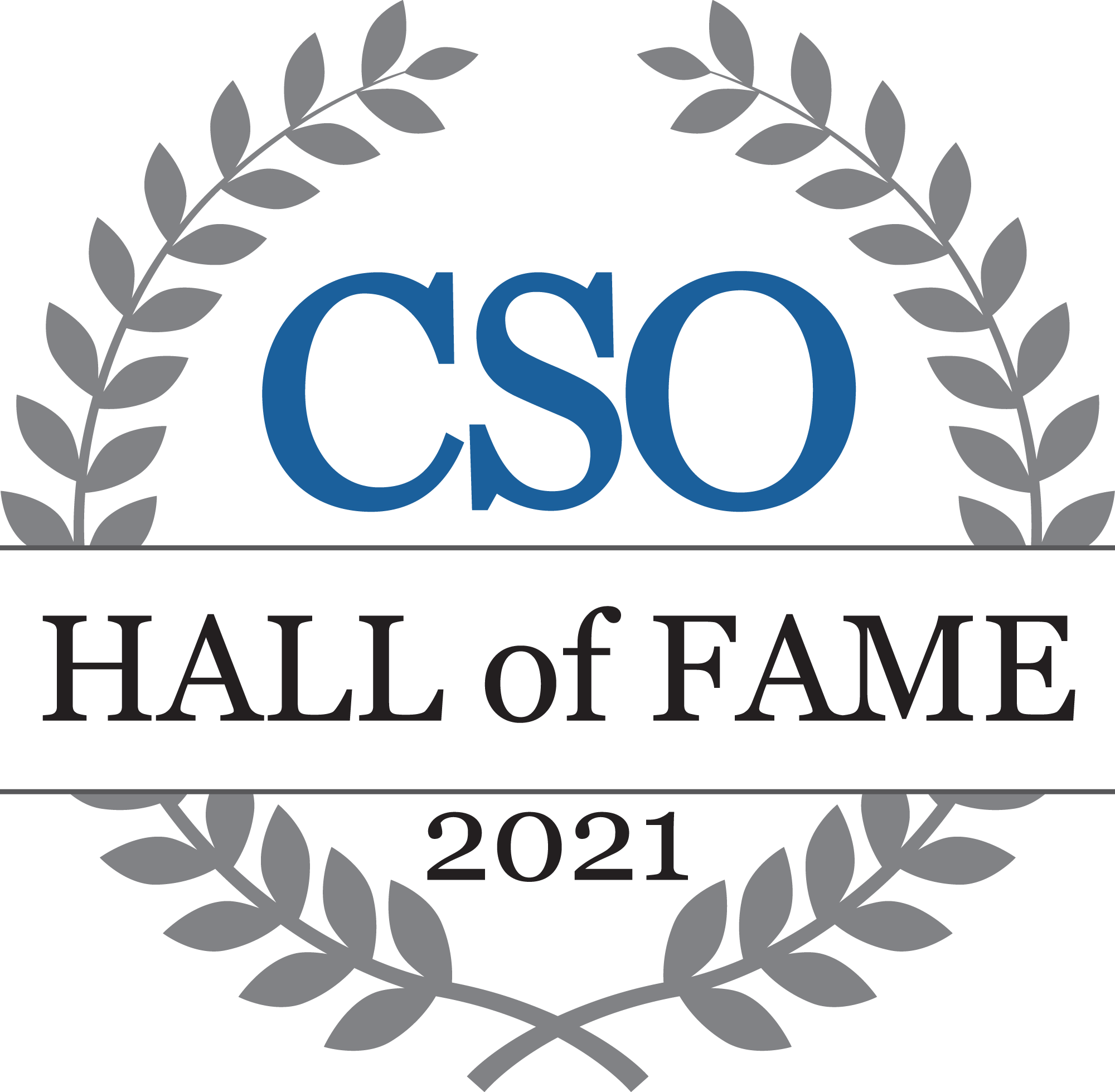“You’re behind.”
Legacies are complicated. Sometimes a catchphrase so oversimplifies an interaction that, in filling in the missing pieces, we create a false caricature, and do disservice to the person we would honor.
Danny Lewin was murdered a score of years ago today. He left behind a family, friends, colleagues, and the company he’d founded; a hole in the world that will never be filled. It will never be filled partly because Danny himself was always behind, always trying to fill the holes in the world he saw.
Each of those whose lives were touched by Danny knew a different piece of him, and we often try to capture the spark that ignited us. We found comfort in his own catchphrases, and we repeated them to each other, and to new colleagues, in an effort to continue to inspire ourselves, and others.
“You’re behind.”
It was one of Danny’s favorite catchphrases. Devoid of context, it sounds harsh. But when I heard it from him, it wasn’t. Because Danny would tackle impossible problems, and invent and implement solutions after he’d already committed himself. Launching Akamai fit that mold; Danny was going to change the world, even if he didn’t quite foresee how. Danny himself was behind, and you had, for whatever reason, elected to join him.
And now you’re both behind. There’s a sense of freedom in that moment. Nothing else matters except getting the job done, and it really is a team effort. I wrote a decade ago about the building of the world’s first secure content delivery network. It was Danny’s vision … but it was my design. Danny’s ego was big enough to accept that others could contribute, and it didn’t need to be done his way. When Danny told me that I was behind, it wasn’t a judgement on me. It was a judgement on the rest of the world, because no one else had even tried to tackle these problems yet. But we were in it together, and that was always clear.
“You’re behind.”
A decade later, new colleagues struggled with that message. It no longer sounded to them like a team message; the chaos of a startup had been replaced with the hierarchy of a successful enterprise. And sent across the vast gulf that sits between a senior executive and new employee, “You’re behind” sounded accusatory, a promise of retaliation for insufficient progress on impossible tasks.
In simplifying Danny’s legacy to that one phrase, it was easy for people to see him as a monster. A generation later, people didn’t see the fighter who stood by your side as you both tackled the impossible. Instead, they heard an unfeeling dictator who asked the impossible, and discarded anyone who disagreed with him.
Legacies are more complicated than a simple catchphrase can convey. As a leader, it’s important for us to remember that a quip carries, for us, years of history and shared knowledge. Stripped of that context, when we communicate with someone new, it will be processed based on the literal meaning of the words, flavored with whatever context the recipient brings to the table. Over time, as fewer and fewer people share the original context, we need to spend more energy building shared context to make the catchphrases remain relevant and helpful.
If we want to honor a legacy, it’s on us to embody the spirit that we want to convey. Otherwise, we become monsters to others whom we have failed to communicate with, who just hear the simple words we use. Telling to others the stories that we carry in our heart, so that messages carry the context we want. Listening to those around us, so that we recognize when our messages become harmful. Being a leader requires continuous and active improvement. As Danny might say:
“You’re behind.”
You’re behind
by
Tags:
